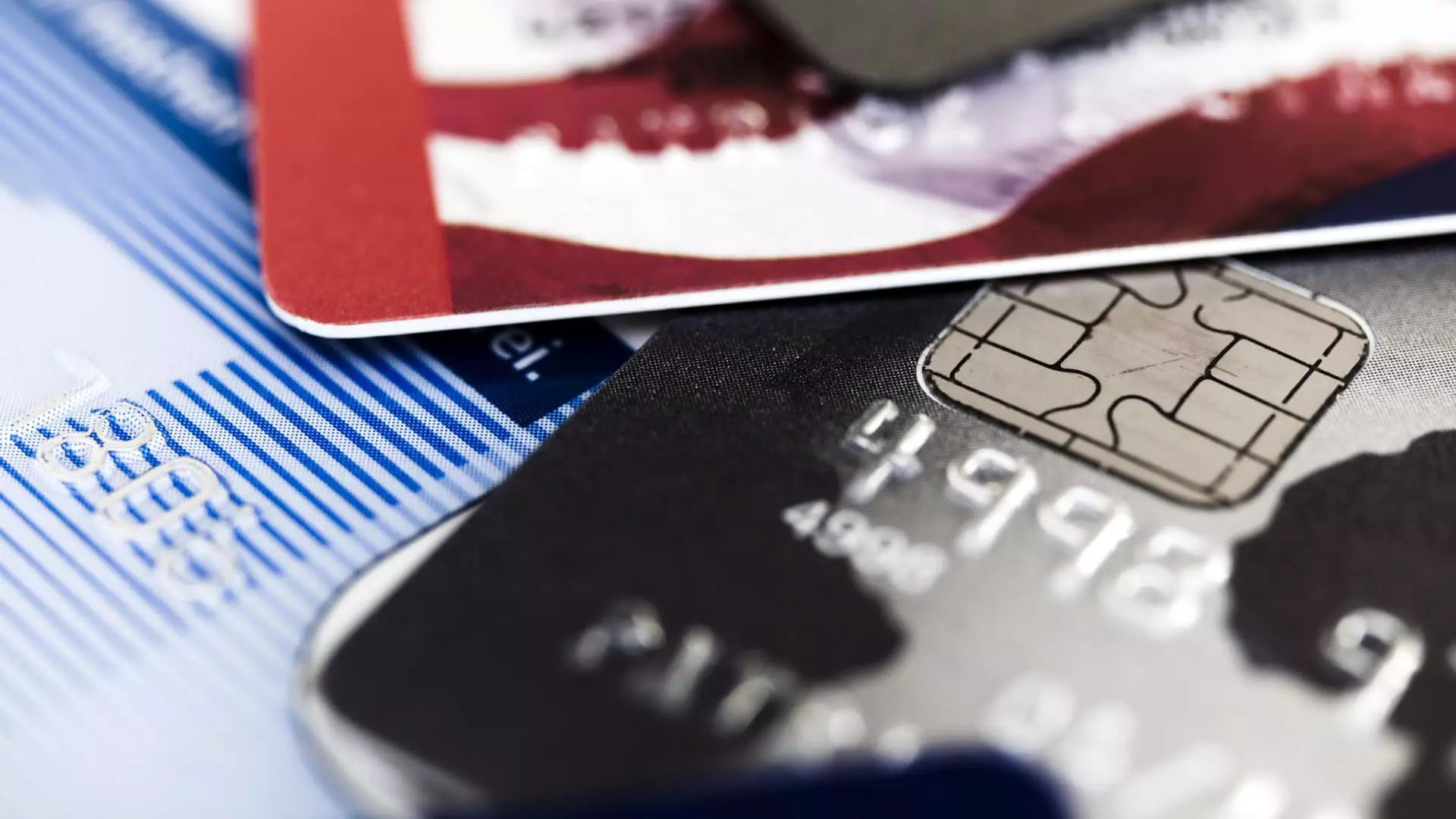The Consumer Financial Protection Bureau’s regulation aimed at reducing late fees on credit cards is facing significant opposition from the card industry, led by the U.S. Chamber of Commerce. The industry sued the CFPB in federal court in an attempt to block the implementation of the new rule, which would cap late fees at $8 per incident for most banks. This legal battle has been ongoing in venues across Texas and Washington, D.C.
The credit card regulation is a key component of President Joe Biden’s efforts to combat what he considers to be excessive fees charged by financial institutions. The CFPB estimates that the rule could save American families up to $10 billion annually by lowering late penalties from the current average of $32 per incident to $8. However, the card issuers argue that the regulation would disproportionately impact responsible users and could lead to unintended consequences.
Major card issuers like Capital One and Synchrony have expressed concerns about the potential financial impact of the new rule. They have suggested that they may need to offset lost revenue by raising interest rates, introducing new fees, or adjusting their lending practices. Capital One CEO Richard Fairbank indicated that the rule could affect the bank’s revenue for several years as they take steps to mitigate the financial impact.
Looming Decision
The Northern District of Texas is expected to announce a decision on whether to grant the industry’s request for an injunction to halt the regulation. If approved, the rule would be put on hold until the legal dispute is resolved, potentially through a lengthy trial. The Chamber of Commerce, along with other industry groups, filed the lawsuit in Texas due to its reputation as a favorable venue for corporations.
Industry analysts like Tobin Marcus of Wolfe Research believe that the Chamber of Commerce is likely to succeed in delaying the implementation of the regulation. Whether through the Northern District of Texas or the 5th Circuit Court of Appeals, the industry may be able to prevent the rule from going into effect. However, the final outcome of the legal battle remains uncertain, with both sides preparing for a protracted legal fight.
The battle over credit card late fees underscores the ongoing struggle between consumer advocates and industry interests. The outcome of this legal dispute will have significant implications for American families, financial institutions, and the broader economy. As the court prepares to make its decision, the future of credit card regulations hangs in the balance.

